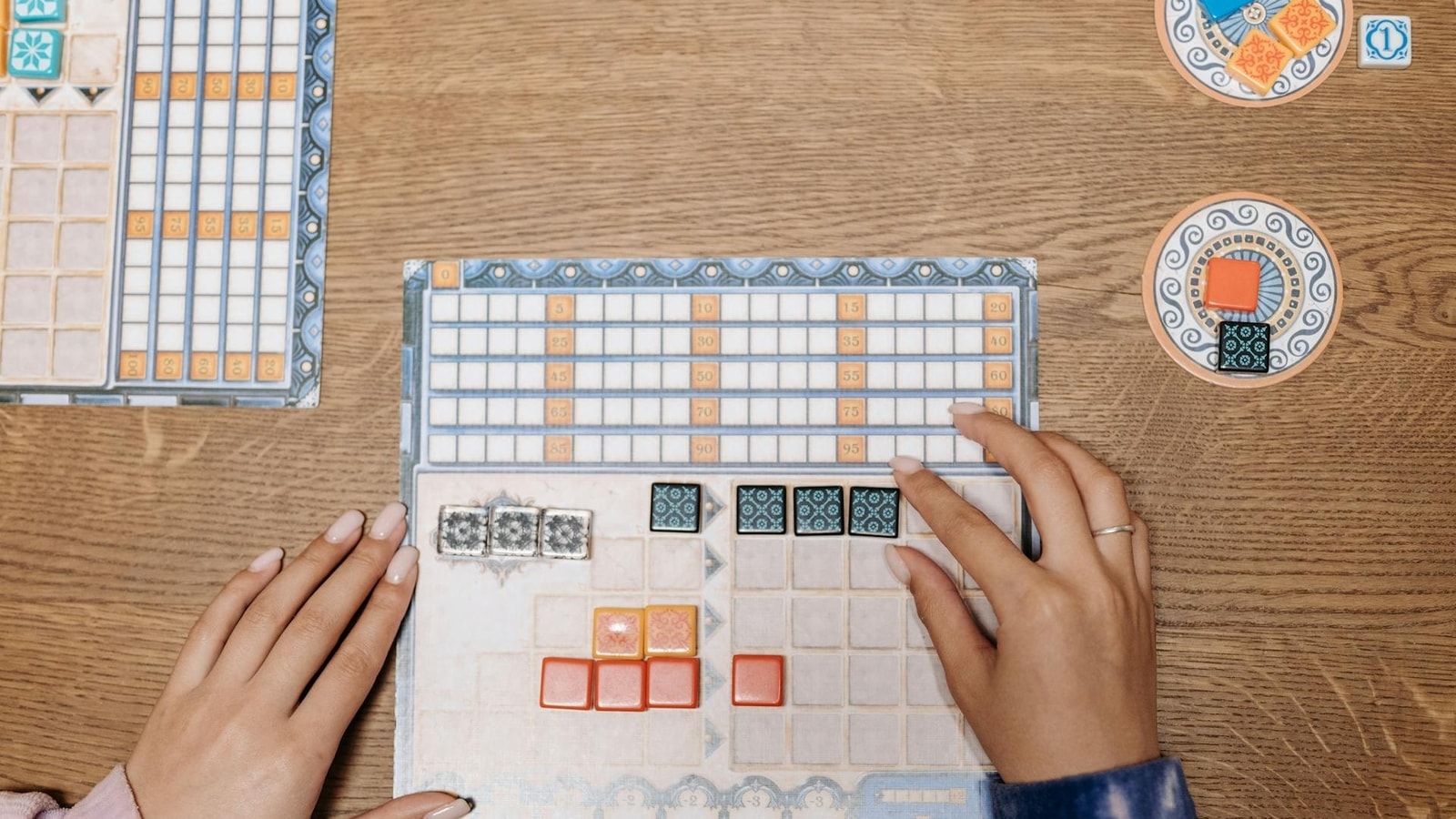When Menuhin was navigating young love, Cather was a font of advice — “I always have your future very much at heart,” she told him in one letter — and gushed over his marriage to Nola Nicholas. “No artist ever made such a fortunate marriage,” Cather wrote to her friend Zoë Akins. “Yehudi loves goodness more than anything, (I mean beautiful goodness) and she has it.”
When Cather was homebound for four weeks with bronchitis, Yehudi and Nola Menuhin visited her nearly every day; he tended to the fire, and she made tea. He was even more of a solace as Cather experienced loss: the deaths of her brothers and of her old friend Isabelle McClung Hambourg, who had introduced Cather and Menuhin.
Little, however, could lift her from the depressive isolation that followed her surgery for breast cancer in early 1946. She wasn’t seeing any friends, “not even Yehudi,” and wasn’t even listening to music, she wrote to her sister-in-law Meta Cather. “I have simply had, for the present, to cut out all the things I loved most.”
Cather would make it out again; her last night on the town was to see Menuhin play at Carnegie Hall. Then, in March 1947, he visited her at home with his two children. Hephzibah was there, too, with her husband and two boys. “Here we all were (the children only were new), the rest of us were sitting in these rooms just as we used to meet here every week 10 and 12 years ago,” Cather recounted in a letter the next day.
The Menuhins were stopping by on their way to board the Queen Elizabeth. About an hour and a half before it was to set sail, they “quietly rose,” Cather recalled, then “without any flurry, dropped in the elevator to the street floor.” Seemingly understood but unspoken was that this would be the last time they saw one another. Cather died in April.
In the letter about that final visit, Cather said that this friendship had been “one of the chief interests and joys of my life.” She went as far as to say that she would rather have almost any other chapter of her life left out than that of her time with Menuhin and his sisters. Even then, as adults, they felt like dear children to her, Aunt Willa.
“Today,” she said at the end of the letter, “these rooms seem actually full of their presence and their faithful, loving friendship.”























